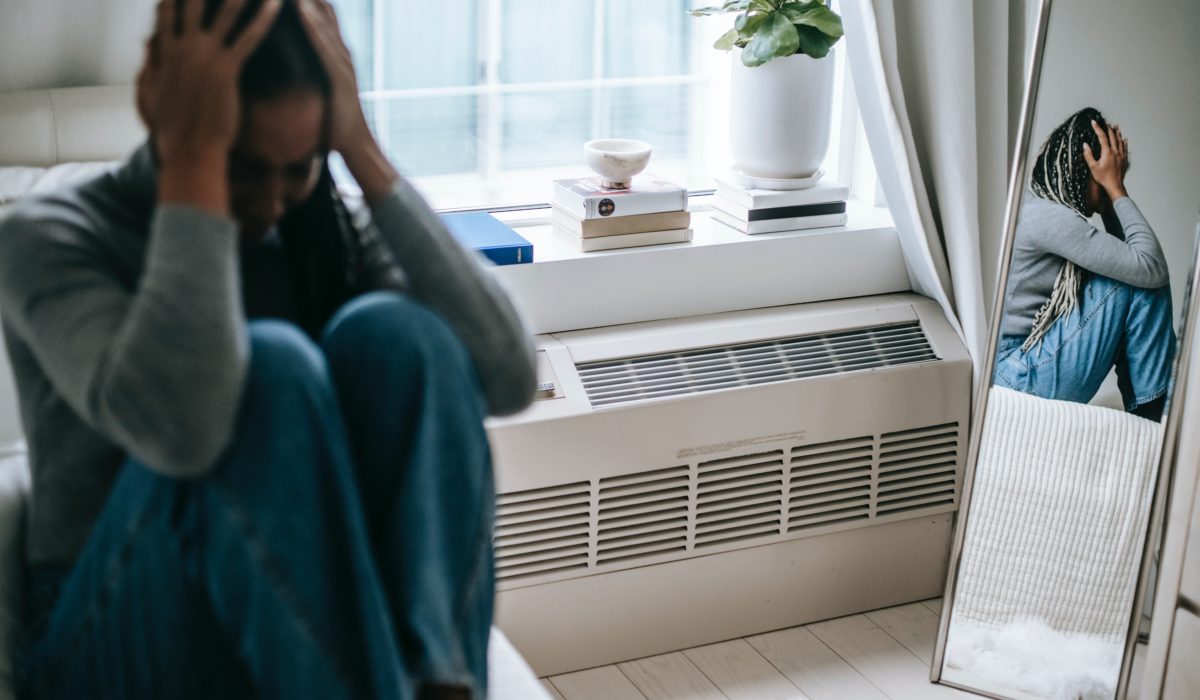5 Most Common Triggers to Relapse
If you have ever struggled with alcoholism or addiction you’ve surely heard the word “triggers.” What exactly does the word triggers mean? A trigger is something that causes you to feel distressed and potentially the urge to relapse. It could cause the addict to feel overwhelmed, sad, anxious, guilty, or panicked. It may also cause someone to have flashbacks of being intoxicated. So what can you do about this? It’s important to know what your triggers are and what to do when you feel them. Let’s take a look at 5 common relapse triggers and what to do when you experience them.
Common Triggers to Relapse #1
Holidays and celebrations
Holidays and celebrations can be a trigger for many people because there are a lot of other people consuming alcohol and even drugs. Additionally, these events can remind the person with substance abuse disorder about their own memories of drinking or using. In fact, they can have positive memories of drinking or using from these memories which can be an even worse trigger. That’s because Having positive memories of those times can make the person want to relive them despite the fact they are long past the point of consuming responsibly.
What can you do about holidays and celebrations if they trigger you? Well quite honestly in early sobriety you should avoid any type of trigger whenever possible. However, if you can’t skip out on a specific event you can talk to a sober friend or sponsor. Tell your trusted friend how you’re feeling and what you’re worried about. Ask them to be available for phone calls during the event if possible. Bring your own nonalcoholic drink and keep your presence short.
Common Triggers to Relapse #2
Old friends
Your old friends and even family members can cause triggers to relapse. When you first get sober you might have the urge to go back and visit your same old friends. Depending on the situation that might not be the best idea. Thats because while you have changed your friends have not. You’re likely to be triggered by them or their behavior. They may even offer you something not realizing how detrimental this would be to your life. People who participated in your substance use can be powerful triggers even if they’re not currently drinking, smoking, or using drugs.
Instead, make new friends in sobriety. Create new bonds and memories going to new places like meetings, coffee shops, or even the zoo.
Common Triggers to Relapse #3
Old places
When you are in early sobriety you should avoid hanging around the old places you used to go. Avoid places you used to drink or do drugs like clubs, bars, parks, or friend’s houses. Sometimes even the smells of certain locations can trigger your emotions and senses to crave drugs and alcohol. Particular places that remind you of your substance abuse can cause triggers to relapse. Unfortunately, even some of your family members can trigger you depending on the relationship dynamic.
Make new positive memories with sober friends and family members in new places. When you’re reminded of your past, it’s important to have healthy ways of handling your feelings. For example, if you’re an alcoholic and your drinking buddies ask you to hang out, or you see co-workers going to happy hour, it might help to have a specific response prepared. Additionally, it can help to have a replacement activity to do instead. Try exercising, reading, yoga, or meditation instead. It’s all about building new behaviors and a new lifestyle.
Common Triggers to Relapse #4
The imagery of substance abuse
In early sobriety, you might be triggered by certain types of commercials, movies, and TV shows that depict drugs and/ or alcohol. For example, I’ve always really liked that show “Intervention” on A&E. But when I tried to watch it in early sobriety I realized all the graphic imagery of drug use was really triggering me. Especially the episodes of addicts using my drugs of choice. So I stopped watching it for a while and just focused on myself and my sobriety.
Try to avoid commercials, movies, and TV shows that depict drugs and/ or alcohol if it triggers you. Find new shows to watch, go to a meeting, or meditate.
Common Triggers to Relapse #5
Relationship drama
Relationship drama can cause triggers to relapse. The last thing you need in early sobriety is unnecessary stress. Sometimes the people we love are a source of stress. It’s true that every relationship has ups and downs, however, a toxic relationship is consistently more stressful than not. If your relationship has more negative moments than positive it may be detrimental to your sobriety. Furthermore, these traits could apply to non-romantic relationships such as family or co-workers.
What makes a relationship toxic? If someone undermines you, causes harm, or insults you – even if it’s unintentional- they might be toxic. Most importantly if someone you are in a relationship with is violent, abusive, or harasses you they are more than a trigger, they are dangerous. If so the matter needs to be dealt with immediately.
If you suspect you’re in physical danger, call the National Domestic Violence Hotline is also available for 24/7 guidance at 1-800-799-7233. If you don’t prepare for these situations ahead of time, you are vulnerable to relapse. If you’re experiencing any of these triggers to relapse talk to your sponsor or a trusted professional. Try coming up with ideas with your therapist or sponsor.

